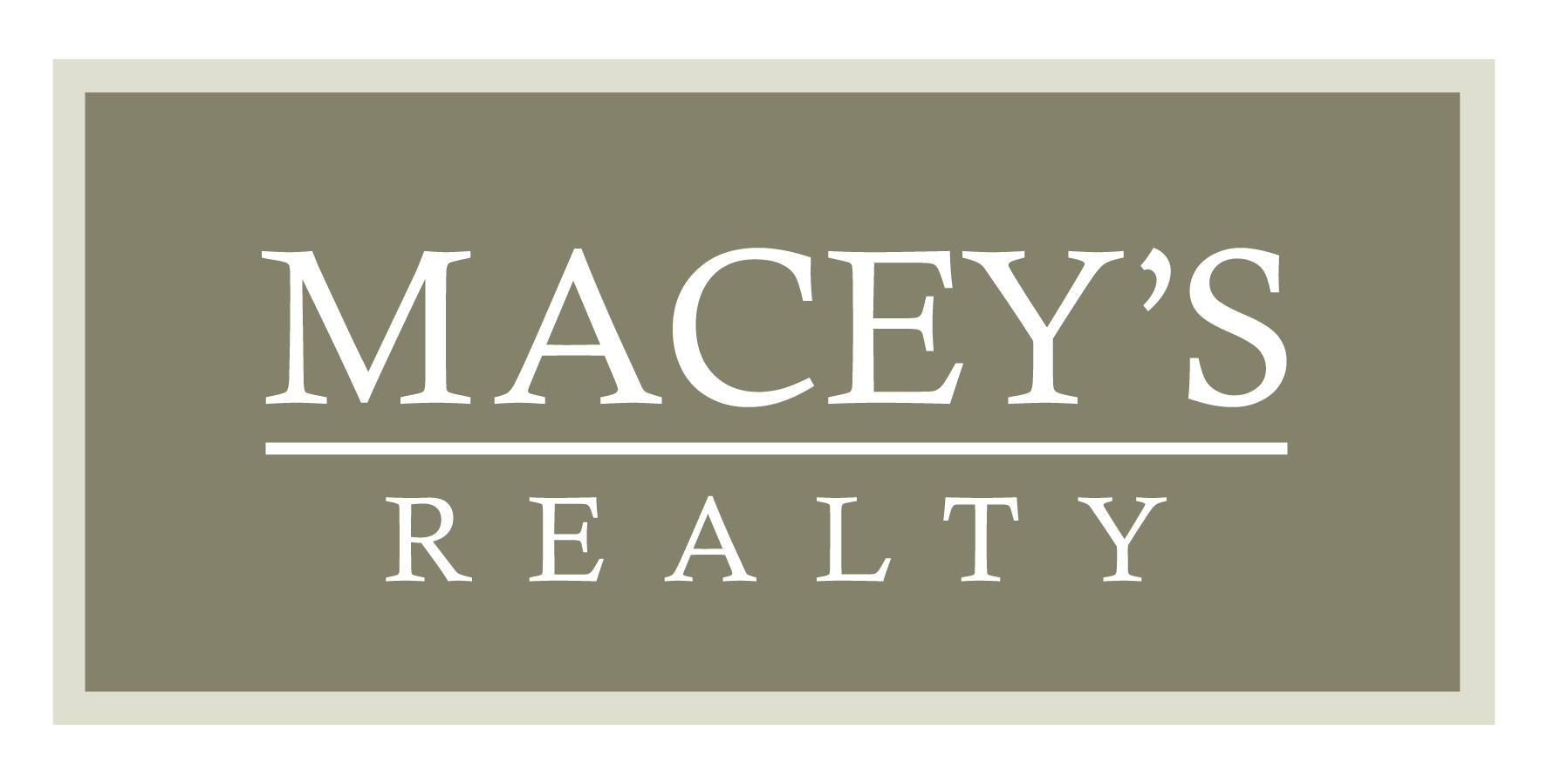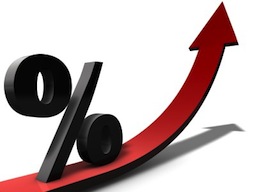
The Fed raised interest rates last week, causing a ripple of concern among those who are worried about the effects on higher mortgage rates and the greater impact on the real estate market. But what do rising rates really mean for homebuyers? We’ve taken the temperature of several housing experts to get their take on the homebuying landscape for 2017.
Rates will continue to rise… or will they?
“When the rate was raised last week, the Fed predicted it would raise rates three more times in 2017, up from two in its previous forecast. But those predicted increases are just that – predictions, said the Berkshire Eagle. “A year ago, the Fed projected that it would raise rates four times in 2016 but has ended up doing so just once.”
Many housing authorities expect that rates will, indeed rise, and are eyeing a 5% benchmark.
“My forecast is for the 30-year fixed rate to rise above 4.5 percent by year’s end, and worst case scenario, knock on the door of 5 percent,” Matthew Gardner, chief economist at Windermere, told Inman.
Rising rates will impact homeownership…or will they?
Realtor.com predicts that home prices will continue to rise next year, increasing 3.9 percent. Their estimation of how high mortgage rates will go: 4.5 percent. Will the combination of rising prices and rates kill housing market momentum? The Mortgage Reports doesn’t think so.
The good news of rising rates, they said, is that “home price increases could finally slow. Home shoppers may once again find ‘deals’ in the 2017 market. Home values have been catapulted upward by almost-free borrowing. Home buyers were getting 30-year fixed rates in the low 3s, and fifteen year rates solidly in the 2s. That’s lower than the rate of inflation is likely to be in coming years. Cheap money makes monthly payments lower. Homes are affordable, even at very high prices. In 2017, though, that trend could reverse. Rising payments could mean fewer bidding wars and over-market-price offers.”
That could mean that buyers “have a better chance at securing a home at a reasonable price. Affordability may continue its winning streak, despite rising rates. 2017 should remain a stellar year to be a home shopper.”
But OC Housing News isn’t so sure. “Higher mortgage interest rates lead to lower sales or lower prices, but most likely, lower sales. Mortgage rates fell from mid-2010 through early 2013 just to maintain a low level of demand,” they said. “When interest rates went up, in what was supposedly a strong market recovery, demand immediately dropped off. Assuming a consistent payment, higher mortgage rates decrease the size of the loan and reduce the amount borrowers can bid on real estate. If rising mortgage rates result in smaller loan balances, then either sales volumes will go down, or house prices will go down, or perhaps some combination of both – unless you believe rapid wage inflation is on the horizon.”
Job growth will counteract the effects of rising rates and home prices…or will it?
It’s the prospect of job growth that has many people talking.
“November’s job growth outpaced October, indicating that the economy is growing at a healthy pace and should continue to do so,” said My Mortgage Insider. “The increase of jobs added is a sign that the economy is healthy. Another encouraging statistic is the decrease in the unemployment rate…from 4.9% to 4.6%. The strong economic conditions are likely going to (continue to) force mortgage rates higher. Generally speaking, mortgage rates are going to increase whenever the economy is doing well or whenever there is confidence in the market”.
The good news for those who are worried about rising rates is that “higher wage growth could offset the effect of higher mortgage rates,” said the Wall Street Journal. Although, for those who were thinking of relocating, the prospects may not sound sound so encouraging. “The fact that so many homeowners enjoy such low rates could also prove an economic brake, creating a disincentive for homeowners to move to a new city in pursuit of a new job if it means their mortgage might be more expensive,” said David Berson, chief economist at Nationwide Insurance.




